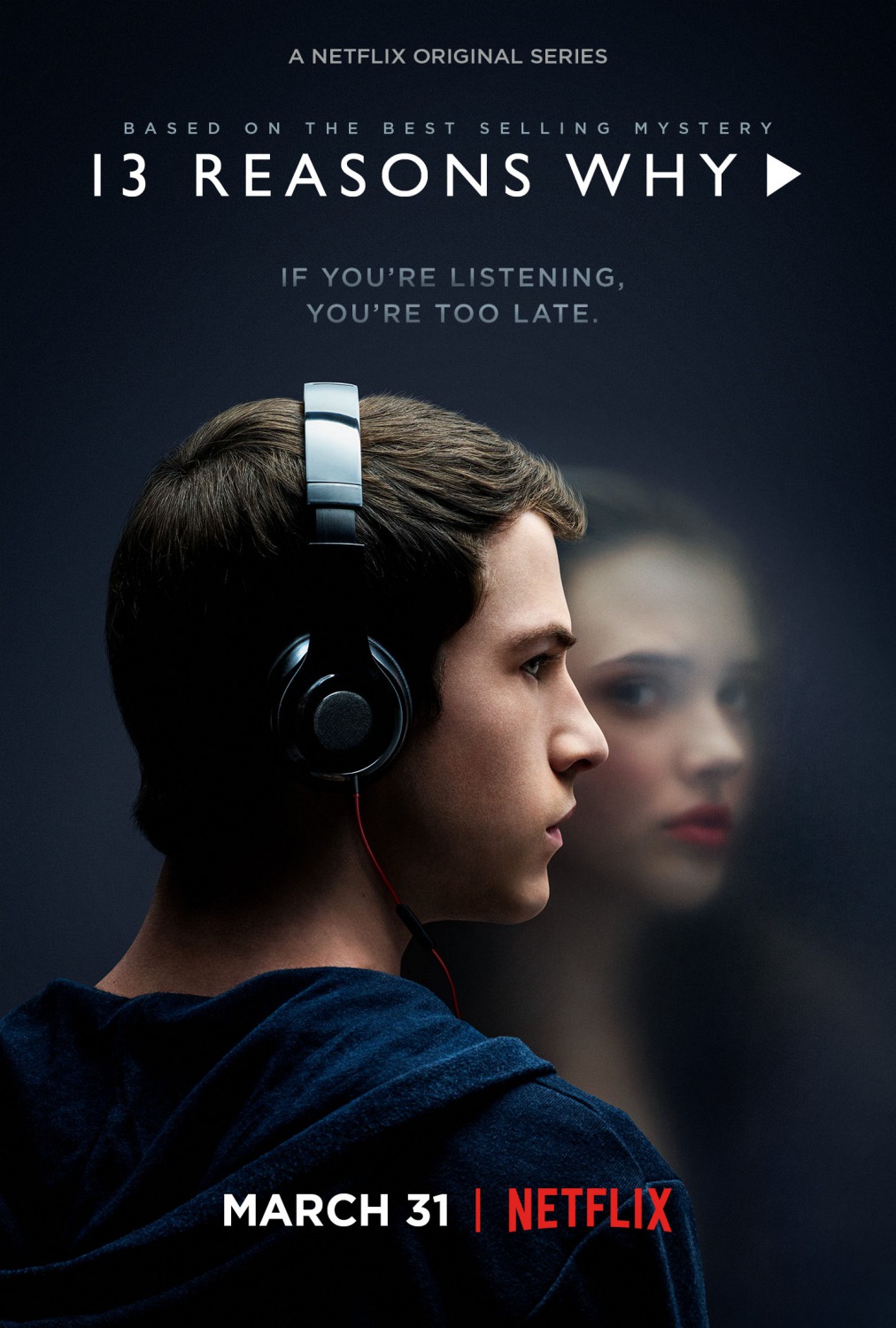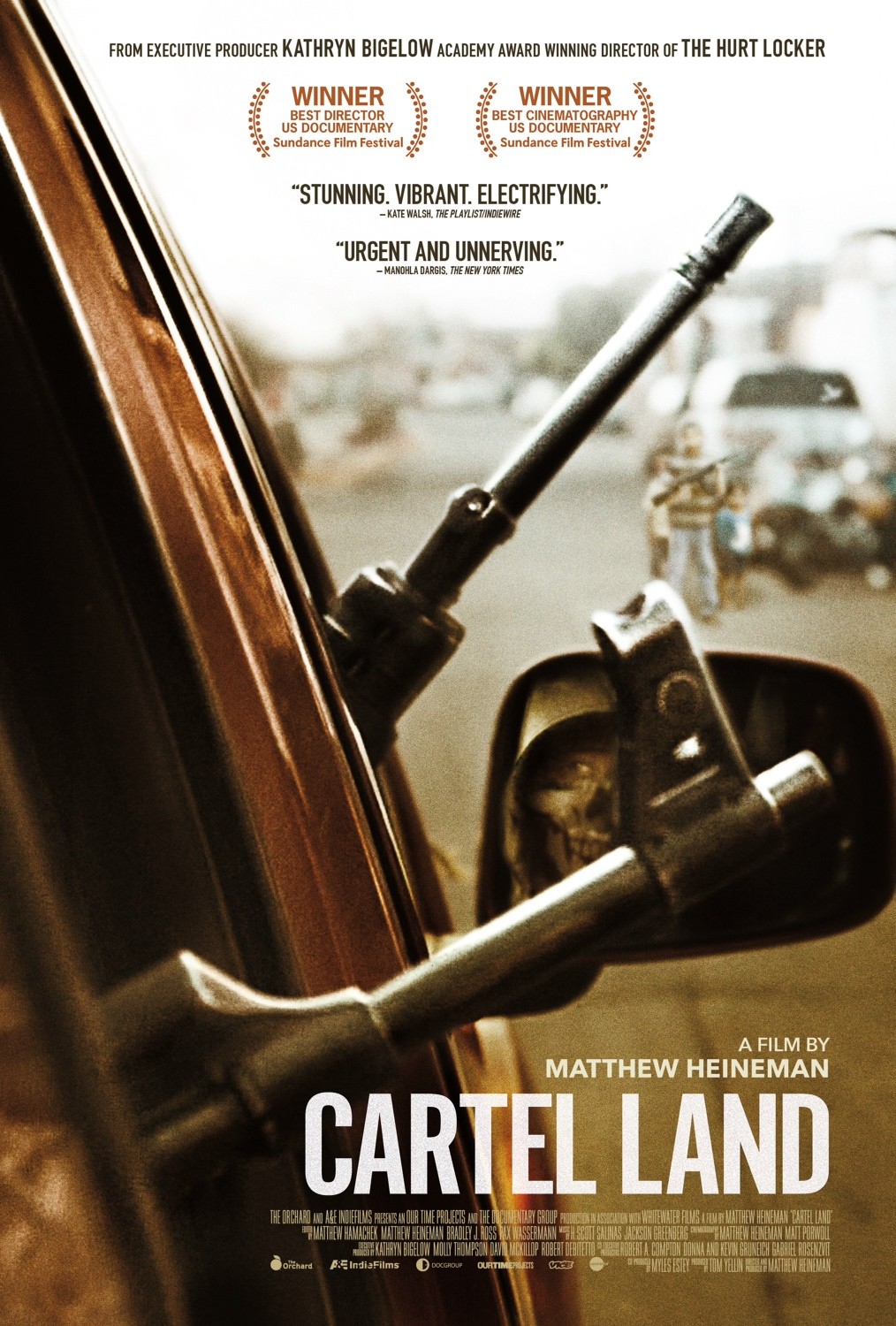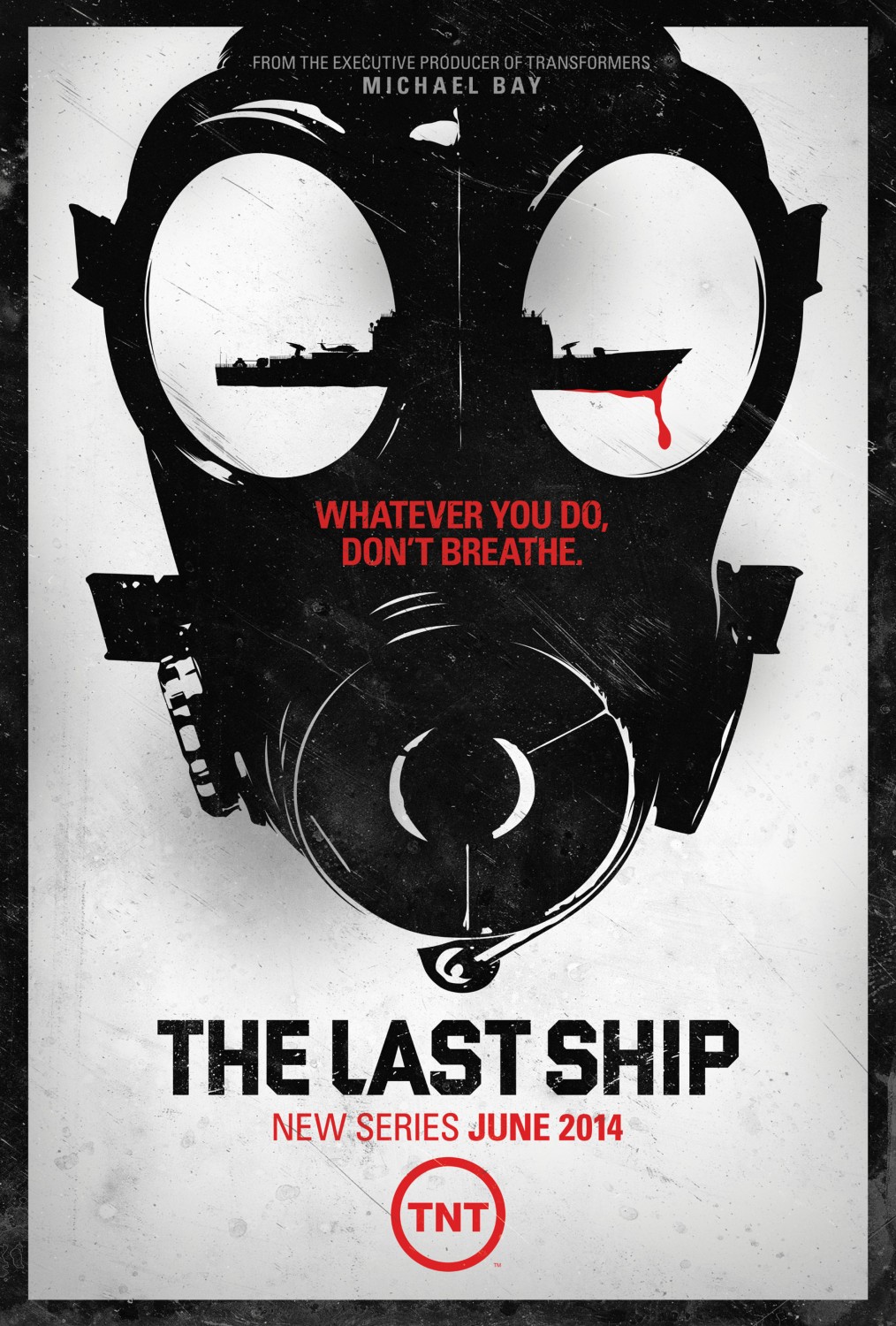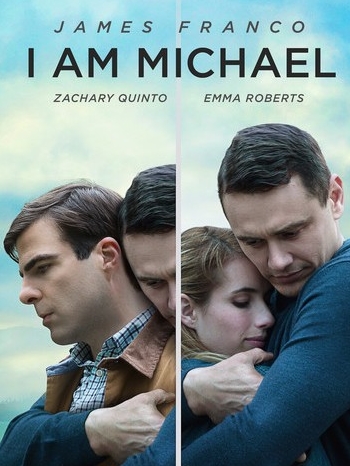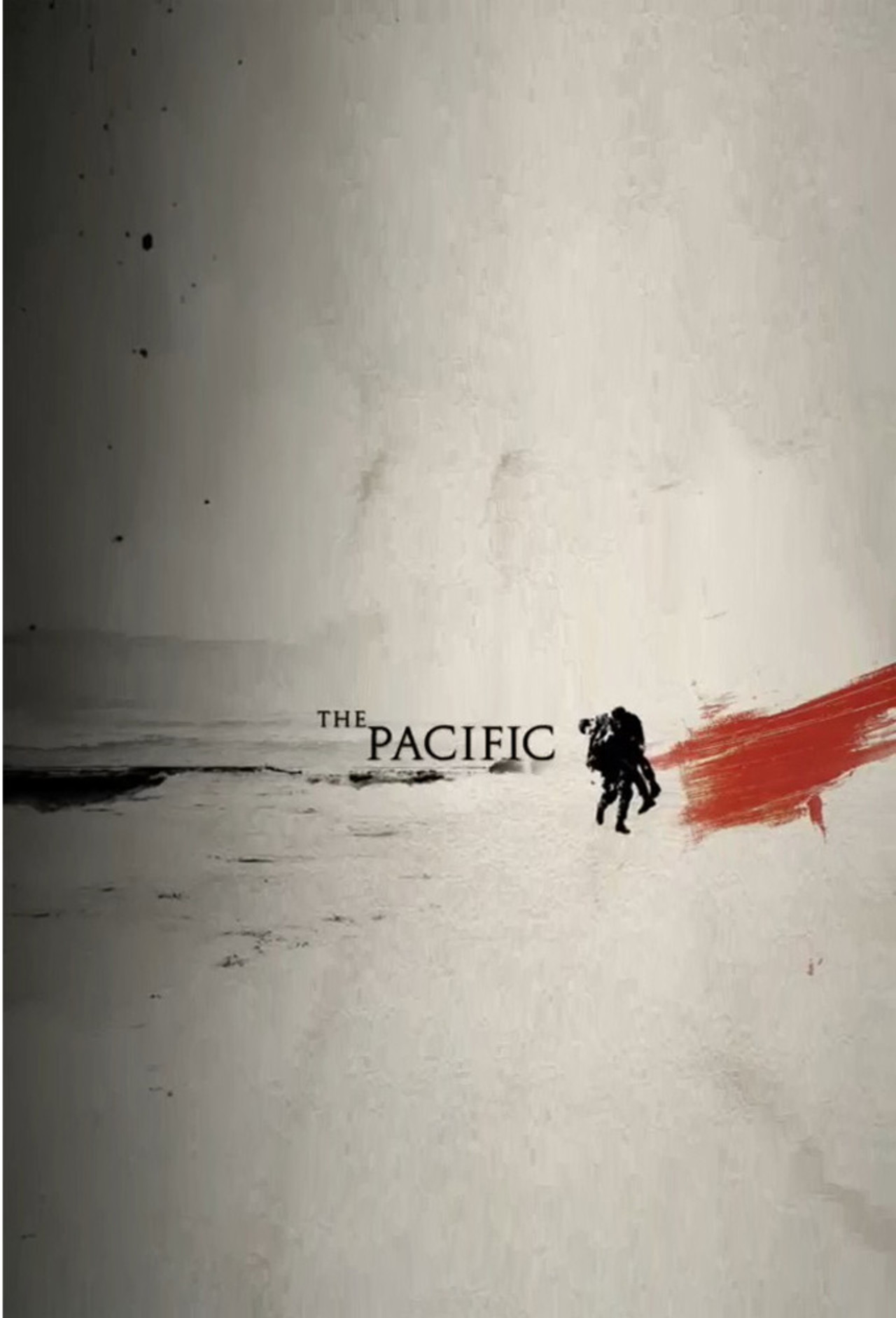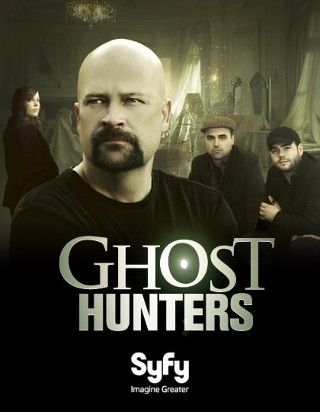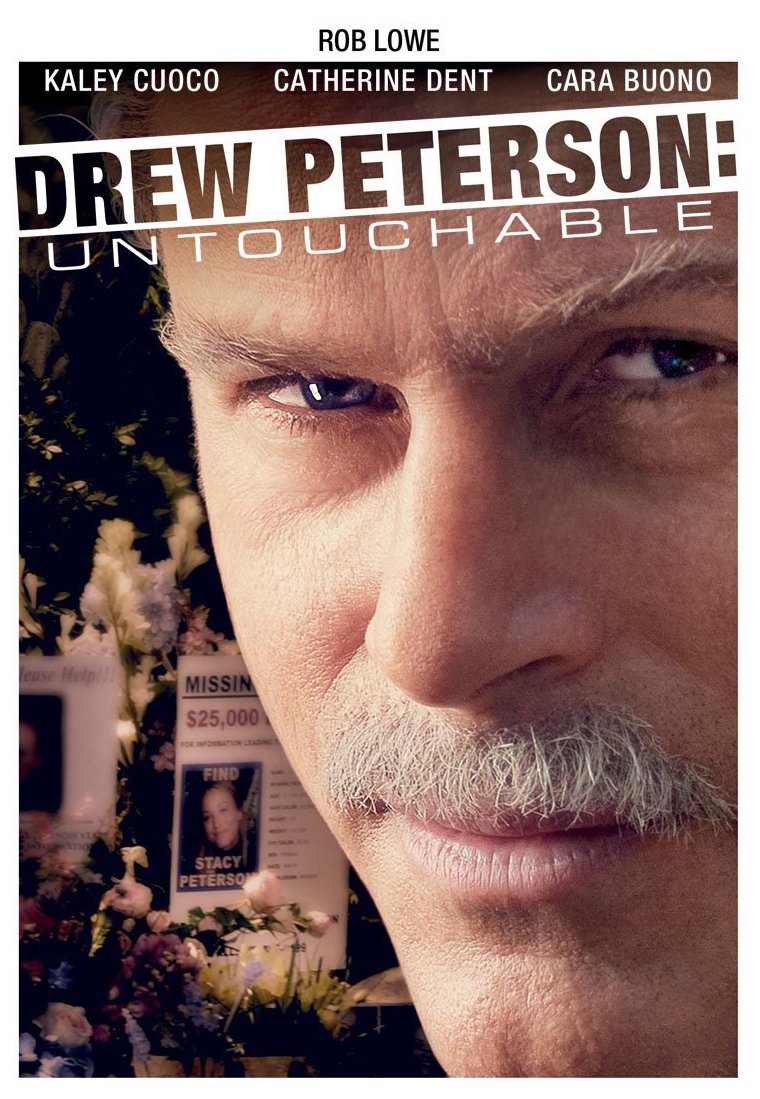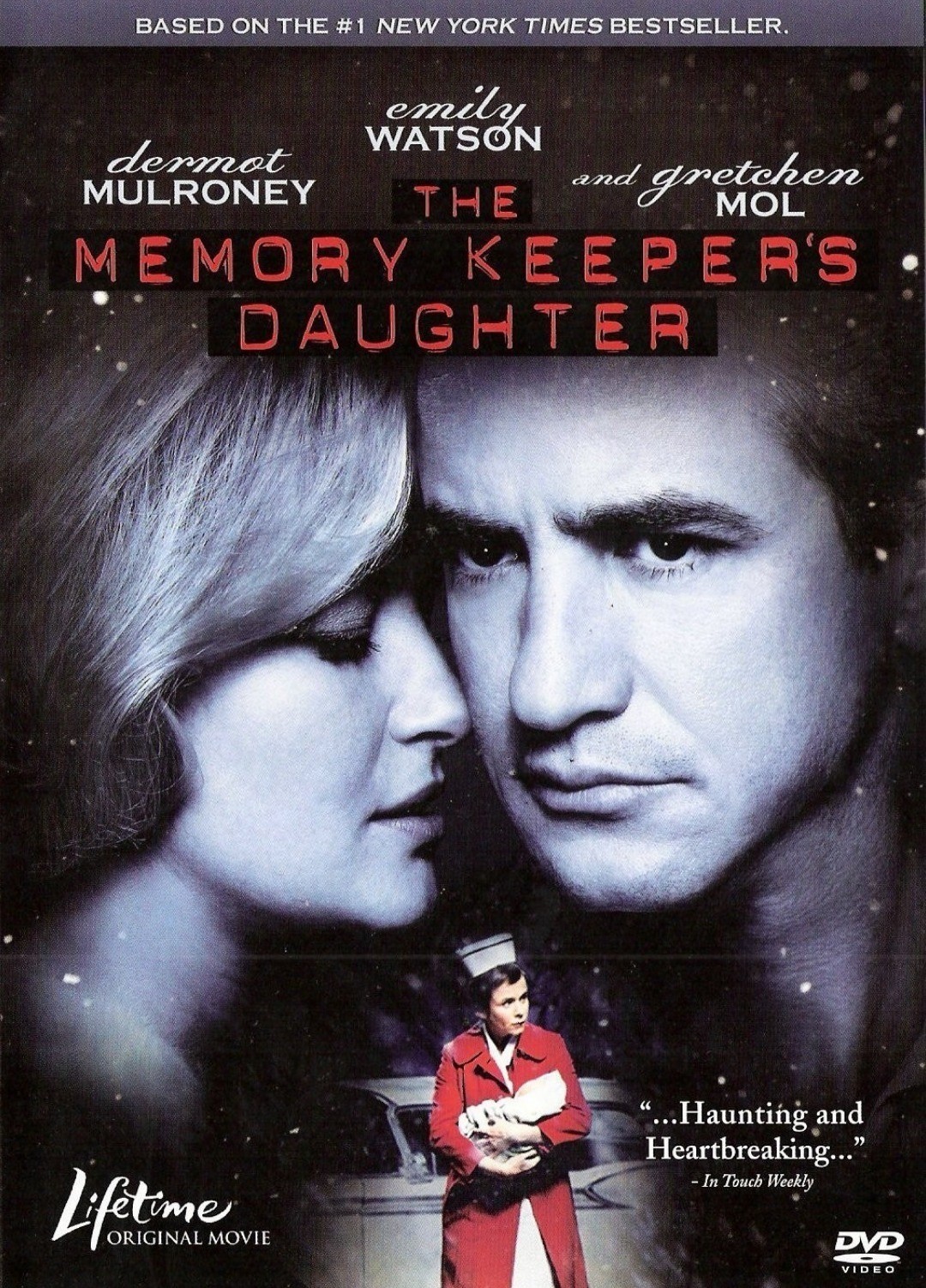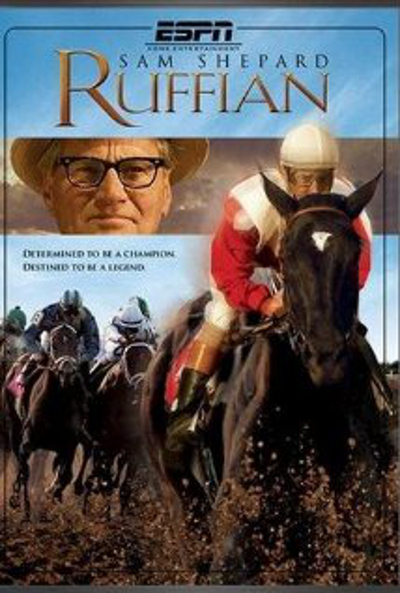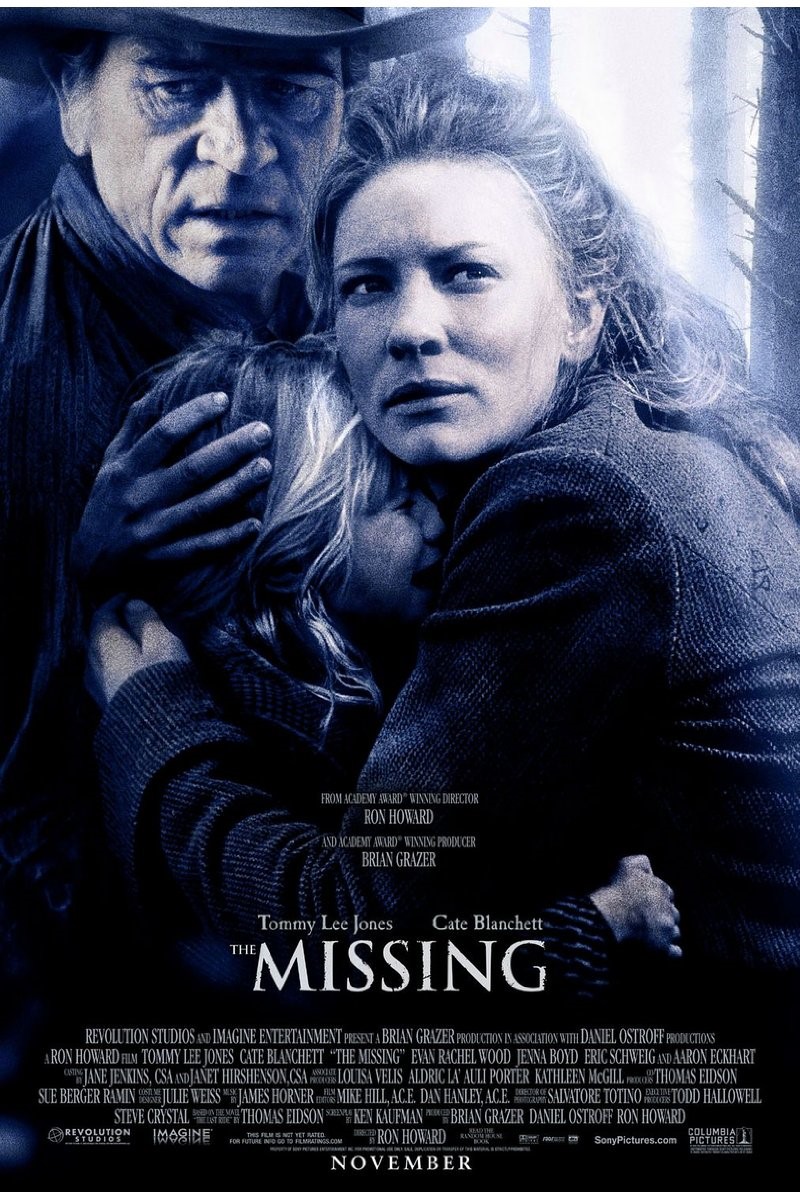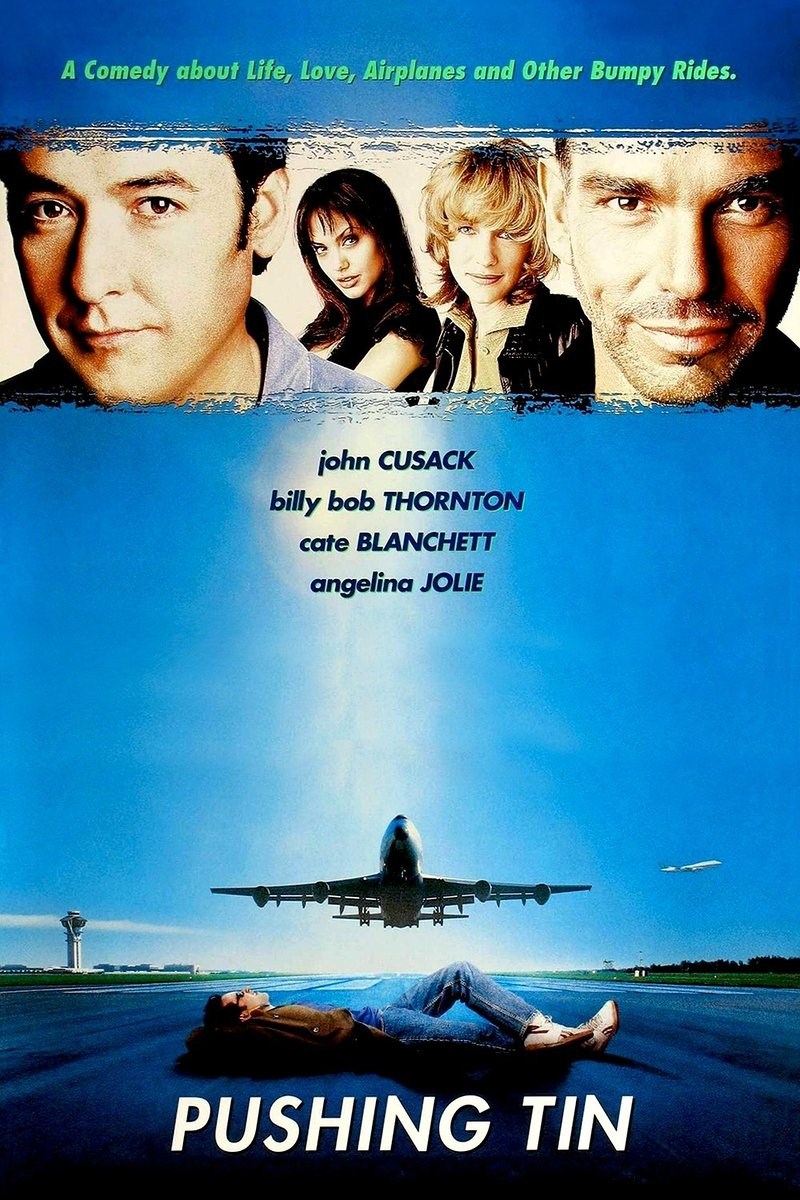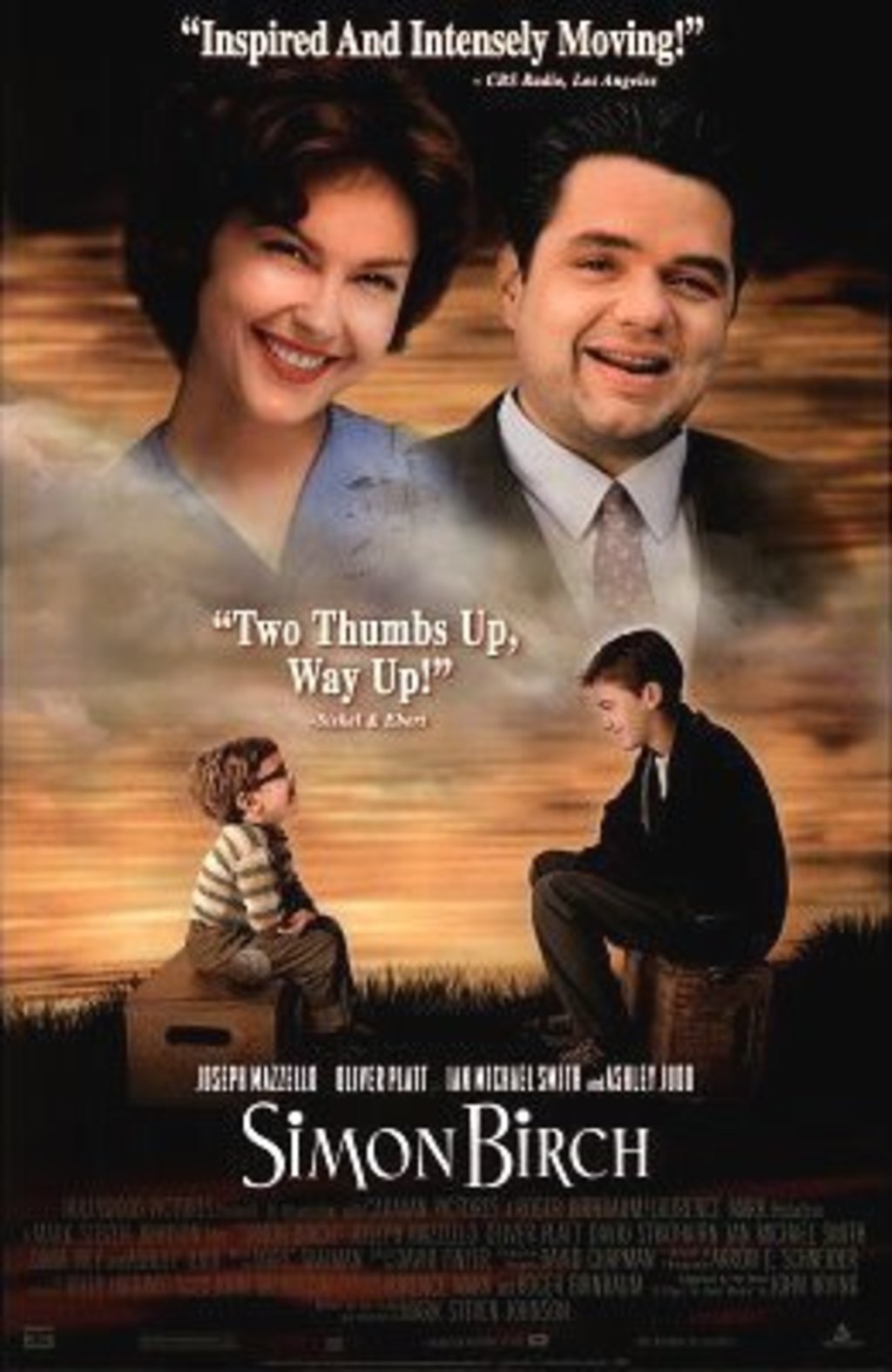Deadline
Amazon Studios, George Clooney & Grant Heslov’s Smokehouse Land ‘Hot Dog Money’; Marty Blazer Comes Clean On His Role In NCAA Hoops Scandal
EXCLUSIVE: Amazon Studios and George Clooney and Grant Heslov’s Smokehouse acquired in a six-against seven-figure deal screen rights to Hot Dog Money: Inside the Biggest Scandal in the History of College Sports. Book was written by Guy Lawson, whose Rolling Stone article “Arms and the Dudes” became the Todd Phillips’ movie War Dogs at Warner Bros, whose New York Times Magazine article “Ice Pack” has been adapted for Will Ferrell at Sony, his RS article Oxy-Gen is being adapted at MGM for Pete Davidson, and other true-crime reporting spread around town.
Lawson spent two years working secretly with Marty Blazer, the ex-manager whose cooperation as a confidential informant with the FBI resulted in a 2017 ESPN live broadcast with prosecutors from the Southern District of New York successfully bringing charges against managers, coaches and schools for corruption in the NCAA. It’s similar to what Nick Pileggi had with Henry Hill that led to Goodfellas; Blazer was forced to tell the truth if he wanted to avoid prison, after stealing $2 million from his NFL clients’ financial accounts. It also has parallels to The Wolf of Wall Street, with the FBI even using the same marina as was depicted in that film in a memorable scene between Leonardo DiCaprio and Kyle Chandler.
Now that the movie deal is in place, the book’s rep, Jody Hotchkiss of Hotchkiss, Daily & Associates, will take it out to the publishing community to make that deal. It is unclear what role Clooney might play as actor or director at this early juncture, but his Smokehouse has a first-look with Amazon, where it made The Tender Bar, the J.R. Moehringer memoir that Clooney directed. Kerry Foster and Heslov steered the deal and Michael Chong is the exec at Amazon where Smokehouse has its deal. Several suitors vied for the book.
Deadline got hold of a summary letter sent to the film community, and it speaks to the breadth of the scandal and cuts to the core of the problems inherent in the indentured servitude that is college sports. Billions of dollars are generated and everybody gets rich but the players. That includes coaches, broadcasters, network executives and others, with legalized sports betting services seemingly next in line. In hopes they will have a shot at the riches of a pro career, athletes get tuition, room and board, paltry compared to the fortunes their talents generate.
The story of Blazer, Hot Dog Money is more than an exposé of college football and basketball or the exploitation of kids by the NCAA under the banner of amateurism. At its heart, this is a 21st century American story about systemic corruption in one of the largest “industries” in the country: college sports. Managers, coaches and schools with the look-the-other-way help of the NCAA conspired to manipulate and prey upon gifted young athletes. Also complicit were companies like Adidas and Under Armour, as well as TV outlets paying billions to broadcast games.
This story begins in 2013 when Blazer, a Pittsburgh financial advisor to NFL players, went to Manhattan to confess to the federal government for the theft of more than $2 million from his football star clients. A habitual liar and master of evasion, Blazer had been warned by his attorney that if he lied about anything, anything in his confession, federal prison would follow. Thus forewarned, Blazer told the truth to the federal prosecutor from the Southern District of New York.
Blazer said that for years he had made secret payments to talented college players—what was called “hot dog money”—hoping for financial return in the form of future NFL clients. He also paid for luxury cars as well as comping five-star hotel rooms and nights at high-end strip clubs. Blazer said he wasn’t the only person acting in this manner—to the contrary, everyone did it, and everyone in sports knew about it. Blazer testified in detail about how the industry really worked—the kind of organized criminal conspiracy that the Southern District thrives on. To avoid a trial with a likely conviction Blazer convinced the federal government to send him undercover in college sports which led to a years-long investigation.
Blazer became a cooperating informant and feds armed him with a recording device to hunt for criminal conspiracies in the world of NCAA sports. Working his contacts with coaches, agents and lawyers as well as more nefarious operators and runners, Blazer found Christian Dawkins. Dawkins was immersed in the kingdom of NCAA basketball, opening doors to high-profile coaches, colleges and companies in an elaborate FBI investigation that sprawled from Miami Beach to Atlanta, Manhattan and Las Vegas.
Collaborating with a gruff FBI Special Agent named Scott Carpenter and a handsome undercover agent with the false identity of Jeff DeAngelo, Blazer met with different conspirators in five-star luxury hotel suites, beachside resorts and the most expensive restaurants and strip clubs in the country, while always under the watchful eye of the FBI. He even launched a cover business incorporated as LOYD, short for Live Out Your Dreams. Blazer pumped hundreds of thousands of FBI dollars to coaches and schools including Louisville, Arizona, Alabama and UCLA.
The takedown in the fall of 2017 was broadcast live on ESPN and drew countless headlines, with Blazer portrayed in the press as a criminal con man. But the real story was more interesting. What Blazer revealed was, in essence, an operation with colleges, coaches and agents intended to control the futures of eventual NBA superstars like Zion Williamson and Deandre Ayton.
In the aftermath of the investigation, Blazer sat down with top NCAA officials to fully explain how corrupt college sports worked. The NCAA thanked Blazer without asking a single question or pursuing any of the additional leads that he offered. But as a consequence of Blazer’s work, as well as the passage of state laws and a Supreme Court ruling, the NCAA now permits players to benefit from the sale of their name, image and likeness (NIL). Less known is the fact that the NCAA declined to address the greater systemic problems uncovered by Blazer’s investigation.
